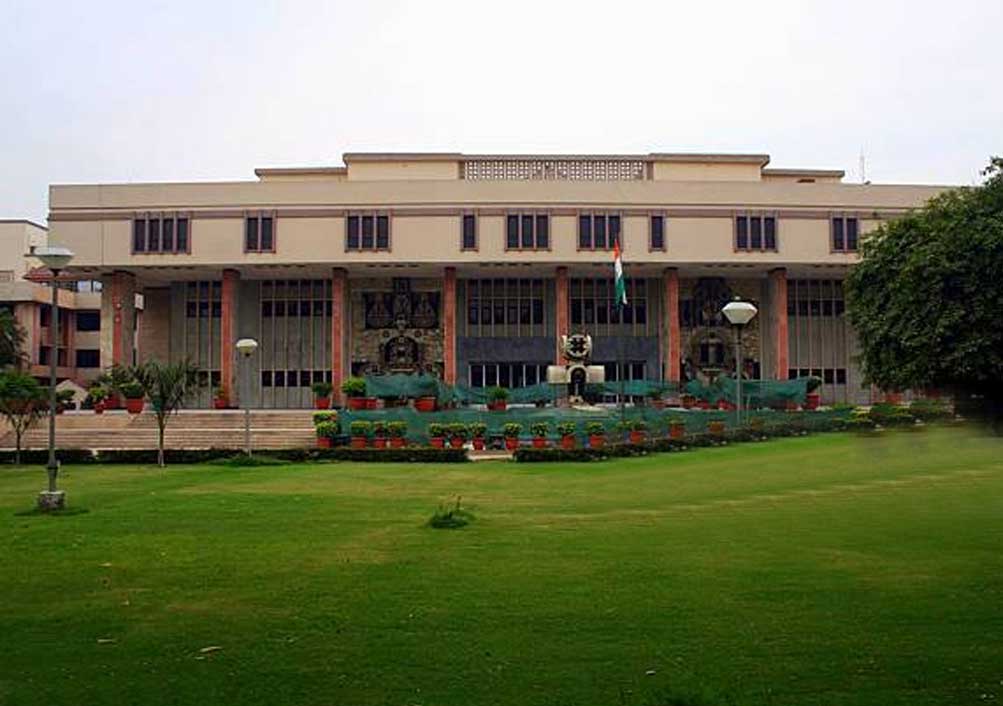In MAC.APP. 1000/2017 -DEL HC- Claimants' evidence to be scrutinized on balance of probabilities, not beyond reasonable doubt: Delhi High Court finds motorcycle driver negligent in fatal road accident
Justice Navin Chawla [07-11-2023]

Read Order: Ankit Sharma V. Sangeeta Kumari & Ors
Chahat Varma
New Delhi, November 16, 2023: The Delhi High Court has upheld the ruling of the Motor Accidents Claims Tribunal, which found a motorcycle driver to be negligent in a fatal road accident.
The present case involved the claimants/respondents asserting that the appellant, Ankit Sharma, was driving in a negligent manner, leading to the accident and the subsequent demise of Anil Kumar.
The counsel for the appellant questioned the reliability of the sole eyewitness, who had previously stated in another proceeding that he had not seen the accident. The defence contended that the deceased was involved in an accident with a truck, and it was the deceased who emerged suddenly onto the road from a petrol pump without observing traffic. The appellant's counsel emphasized that mere registration of a criminal case was insufficient to prove negligence.
In response, the counsel for the respondents argued that the Tribunal was correct in concluding that the accident resulted from appellant’s rash and negligent driving. Despite the hostile stance of PW-3 in the criminal trial, his consistent testimony before the Tribunal was deemed reliable. The higher burden of proof in a criminal trial was emphasized, distinguishing it from a claim petition under the Motor Vehicles Act, 1988.
The single-judge bench of Justice Navin Chawla observed that the appellant presented himself as a witness before the Tribunal. During cross-examination, the appellant stated that he did not remember the actual facts about the accident. He further mentioned that he did not recall whether the bike of the deceased collided with another vehicle or not, and he couldn't remember with whom the accident took place. Consequently, it was held that the appellant's own statement did not corroborate the submission made by the counsel for the appellant and the narrative set up by the appellant, asserting that the accident had occurred with a truck hitting the motorcycle of the deceased. It also failed to corroborate the appellant's defence that the deceased was driving his motorcycle negligently.
The bench further referred to the case of Janabai WD/o Dinkarrao Ghorpade and Ors v. ICICI Lombard Insurance Company Limited [LQ/SC/2022/981], wherein the Supreme Court had reiterated that the rule of evidence applicable to proving charges in a criminal trial cannot be used when deciding an application under Section 166 of the Motor Vehicles Act, 1988, which is of a summary nature. The Court emphasized that applications under the Act must be decided based on the evidence presented before the Tribunal, rather than relying on the evidence that should have been or could have been presented in a criminal trial.
The bench also cited the judgement rendered in Sunita & Ors. v. Rajasthan State Road Transport Corporation & Anr. [LQ/SC/2019/270], where the Supreme Court had observed that the evidence of the claimants was to be examined on the touchstone of preponderance of probability and the standard of proof beyond reasonable doubt cannot be applied thereto.
Considering these factors, the Court held that the statement of PW-3 effectively established the culpability of the appellant in the accident, which was further supported by the Site Plan prepared by the Police. The bench expressed a lack of confidence in the statement provided by the appellant himself.
Consequently, the Court found no fault in the Impugned Award and dismissed the appeal.
Sign up for our weekly newsletter to stay up to date on our product, events featured blog, special offer and all of the exciting things that take place here at Legitquest.




Add a Comment